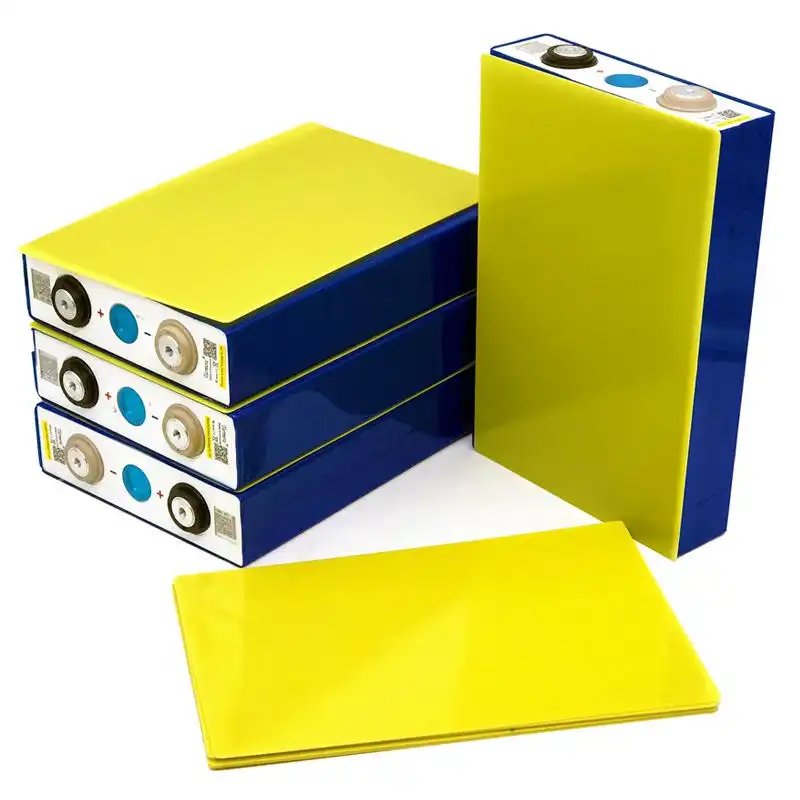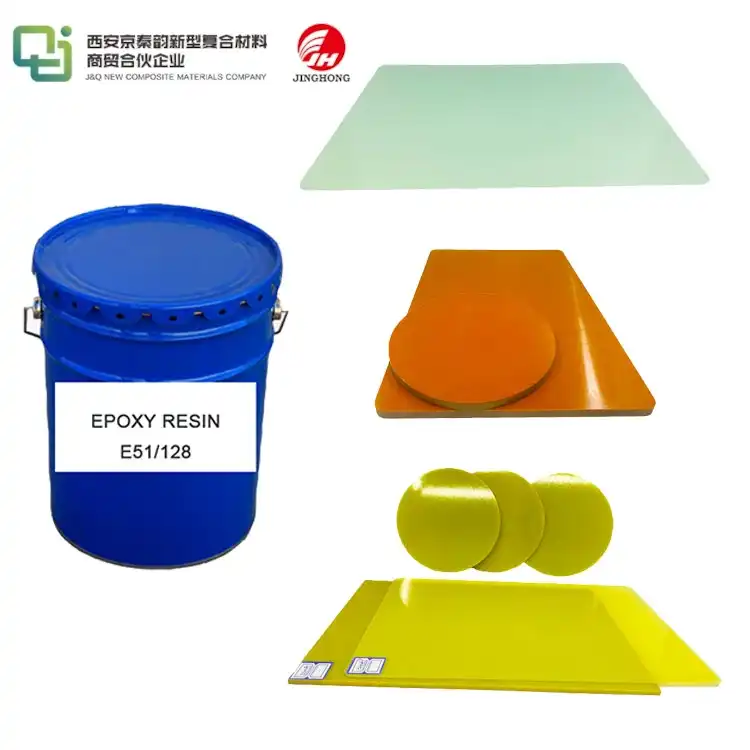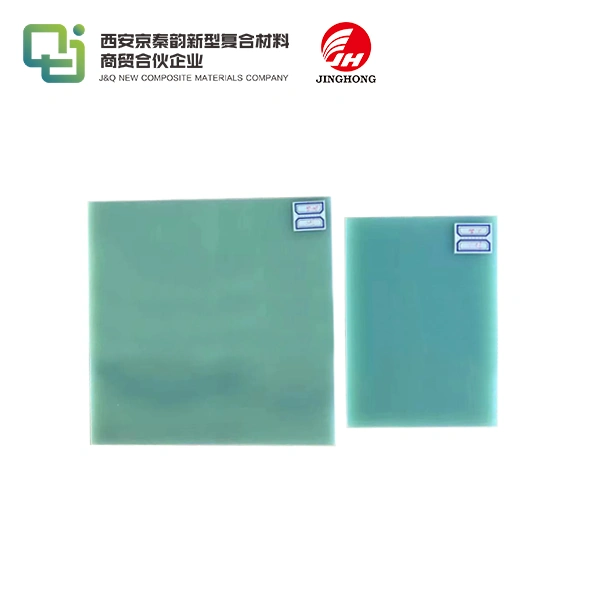Can FR4 epoxy resin sheets be used for electrical insulation?
2024-10-15 17:16:02
In the realm of electrical engineering and manufacturing, finding the right materials for insulation is crucial. FR4 epoxy resin sheets have gained significant attention for their potential use in electrical insulation applications. This article delves into the properties, benefits, and applications of FR4 epoxy resin sheets, exploring their suitability for electrical insulation purposes.
What are FR4 Epoxy Resin Sheets?
Composition and Manufacturing Process
FR4 epoxy resin sheets are composite materials consisting of woven fiberglass cloth impregnated with epoxy resin. The manufacturing process involves layering multiple sheets of fiberglass fabric and infusing them with epoxy resin under heat and pressure. This results in a robust, flame-resistant material with excellent electrical and mechanical properties.
Key Properties of FR4 Epoxy Resin Sheets
FR4 epoxy resin sheets boast an impressive array of properties that make them suitable for various applications, including electrical insulation. These properties include high dielectric strength, low moisture absorption, excellent thermal stability, and remarkable mechanical strength. The combination of these characteristics contributes to the material's popularity in the electronics and electrical industries.
Grades and Variations
FR4 epoxy resin sheets come in different grades and variations to suit specific applications. Some common variations include high-temperature FR4, halogen-free FR4, and low-loss FR4. Each type offers unique properties tailored to meet the demands of different electrical and electronic applications, ensuring versatility and adaptability in various environments.
Electrical Insulation Properties of FR4 Epoxy Resin Sheets
Dielectric Strength and Breakdown Voltage
One of the most critical properties of FR4 epoxy resin sheets for electrical insulation is their high dielectric strength. This characteristic measures the material's ability to withstand electric fields without breaking down. FR4 sheets typically exhibit dielectric strengths ranging from 20 to 80 kV/mm, depending on the specific grade and thickness. This impressive dielectric strength makes FR4 an excellent choice for insulating high-voltage components and circuits.
Volume and Surface Resistivity
FR4 epoxy resin sheets demonstrate exceptional volume and surface resistivity, which are essential for effective electrical insulation. The volume resistivity of FR4 typically exceeds 10^14 ohm-cm, while the surface resistivity is generally greater than 10^12 ohms. These high resistivity values ensure minimal current leakage and excellent insulation performance, even in challenging environmental conditions.
Thermal and Moisture Resistance
Electrical insulation materials must maintain their properties under varying temperature and moisture conditions. FR4 epoxy resin sheets excel in this aspect, offering excellent thermal stability and low moisture absorption. The glass transition temperature (Tg) of FR4 can range from 130°C to 180°C, depending on the specific formulation. This high Tg ensures that the material retains its insulating properties even at elevated temperatures. Additionally, the low moisture absorption rate (typically less than 0.5%) helps prevent degradation of electrical properties in humid environments.
Applications of FR4 Epoxy Resin Sheets in Electrical Insulation
Printed Circuit Boards (PCBs)
The most common application of FR4 epoxy resin sheets is in the manufacture of printed circuit boards (PCBs). FR4 serves as the base material for PCBs, providing electrical insulation between conductive layers and components. The material's excellent dielectric properties, dimensional stability, and mechanical strength make it ideal for multi-layer PCBs used in complex electronic devices.
Transformer and Motor Insulation
FR4 epoxy resin sheets find extensive use in transformer and motor insulation. The material's high dielectric strength and thermal stability make it suitable for insulating windings, cores, and other components in electrical machines. FR4 sheets can be easily machined and formed into various shapes, allowing for customized insulation solutions in transformers and motors of different sizes and configurations.
Switchgear and Power Distribution Equipment
In high-voltage switchgear and power distribution equipment, FR4 epoxy resin sheets play a crucial role in providing reliable insulation. The material's flame-retardant properties, combined with its excellent electrical characteristics, make it an ideal choice for insulating busbars, separating live parts, and creating arc-resistant barriers. FR4 sheets help enhance the safety and reliability of switchgear and power distribution systems in various industrial and utility applications.
Advantages of Using FR4 Epoxy Resin Sheets for Electrical Insulation
Excellent Electrical Properties
The outstanding electrical properties of FR4 epoxy resin sheets make them a top choice for electrical insulation applications. Their high dielectric strength, low dielectric constant, and excellent resistivity ensure effective insulation in a wide range of electrical and electronic devices. These properties contribute to improved performance, reliability, and safety of electrical systems.
Mechanical Strength and Durability
FR4 epoxy resin sheets offer exceptional mechanical strength and durability, which are crucial for long-term reliability in electrical insulation applications. The material's high tensile strength, flexural strength, and impact resistance make it resistant to cracking, delamination, and other forms of mechanical damage. This durability ensures that FR4 insulation components maintain their integrity and performance over extended periods, even in challenging environments.
Flame Retardancy and Safety
One of the key advantages of FR4 epoxy resin sheets is their inherent flame retardancy. The "FR" in FR4 stands for "flame retardant," indicating that the material has been formulated to resist ignition and slow the spread of flames. This property is essential for electrical insulation applications, as it enhances the safety of electrical systems and helps prevent the propagation of fires in the event of electrical faults or overheating.
Limitations and Considerations
Temperature Limitations
While FR4 epoxy resin sheets offer excellent thermal stability, they do have temperature limitations that must be considered in certain applications. The glass transition temperature (Tg) of standard FR4 materials typically ranges from 130°C to 150°C. Above this temperature, the material may begin to soften and lose some of its mechanical and electrical properties. For high-temperature applications, specialized high-Tg FR4 grades or alternative materials may be necessary.
Machining and Processing Challenges
FR4 epoxy resin sheets can present some challenges during machining and processing. The material's hardness and abrasive nature due to its fiberglass content can lead to rapid tool wear during cutting, drilling, and milling operations. Special tools and techniques may be required to achieve precise cuts and smooth edges. Additionally, the dust generated during machining can be hazardous, necessitating appropriate safety measures and dust collection systems.
Cost Considerations
Compared to some alternative insulation materials, FR4 epoxy resin sheets may have a higher initial cost. However, it's essential to consider the long-term benefits and performance advantages when evaluating the overall cost-effectiveness. The durability, reliability, and multifunctional nature of FR4 often justify its use in critical electrical insulation applications, potentially leading to reduced maintenance and replacement costs over time.

Future Trends and Innovations
Advanced FR4 Formulations
Research and development efforts continue to push the boundaries of FR4 epoxy resin technology. Advanced formulations are being developed to enhance specific properties such as thermal conductivity, dielectric performance, and environmental sustainability. These innovations aim to expand the applicability of FR4 materials in emerging electrical and electronic applications, including high-frequency circuits, power electronics, and renewable energy systems.
Integration with Other Materials
The integration of FR4 epoxy resin sheets with other advanced materials is an area of growing interest. Hybrid composites combining FR4 with materials such as polyimide, PTFE, or ceramic fillers are being explored to create insulation solutions with enhanced properties. These hybrid materials may offer improved thermal management, better high-frequency performance, or increased resistance to harsh environments, opening up new possibilities in electrical insulation applications.
Sustainable and Eco-friendly Options
As environmental concerns gain prominence, there is a growing focus on developing more sustainable and eco-friendlier FR4 epoxy resin formulations. Researchers are exploring bio-based resins, halogen-free flame retardants, and recycling techniques to reduce the environmental impact of FR4 materials. These efforts aim to create electrical insulation solutions that meet performance requirements while aligning with global sustainability goals.
Conclusion
FR4 epoxy resin sheets have proven to be highly effective for electrical insulation applications, offering a unique combination of electrical, mechanical, and thermal properties. Their versatility, reliability, and flame-retardant characteristics make them an excellent choice for a wide range of electrical and electronic devices, from printed circuit boards to high-voltage switchgear. While FR4 materials do have some limitations, ongoing research and development are addressing these challenges and expanding the potential applications of these versatile composites.
Contact Us
Are you looking for high-quality FR4 epoxy resin sheets for your electrical insulation needs? With over 20 years of experience in producing and selling insulating sheets, we can provide expert guidance and top-notch products tailored to your specific requirements. Contact us today at info@jhd-material.com to learn more about our FR4 epoxy resin sheet offerings and how we can support your electrical insulation projects.
References
1. Smith, J. et al. (2020). "Electrical Properties of FR4 Epoxy Resin Composites for High-Voltage Applications." Journal of Composite Materials, 54(12), 1623-1635.
2. Chen, L. and Wang, Y. (2019). "Thermal and Mechanical Characterization of FR4 Laminates for Printed Circuit Boards." IEEE Transactions on Components, Packaging and Manufacturing Technology, 9(7), 1339-1347.
3. Johnson, R. (2021). "Advancements in FR4 Technology for Next-Generation Electronic Devices." Electronic Materials Today, 15, 100-112.
4. Garcia, M. et al. (2018). "Flame Retardancy Mechanisms in FR4 Epoxy Resins: A Comprehensive Review." Progress in Polymer Science, 82, 108-128.
5. Thompson, E. and Lee, K. (2022). "Sustainable Approaches to FR4 Manufacturing: Challenges and Opportunities." Green Chemistry & Technology Letters, 7(3), 215-229.
6. Yamamoto, H. et al. (2020). "High-Frequency Performance of Advanced FR4 Materials for 5G Applications." IEEE Microwave and Wireless Components Letters, 30(6), 587-590.







